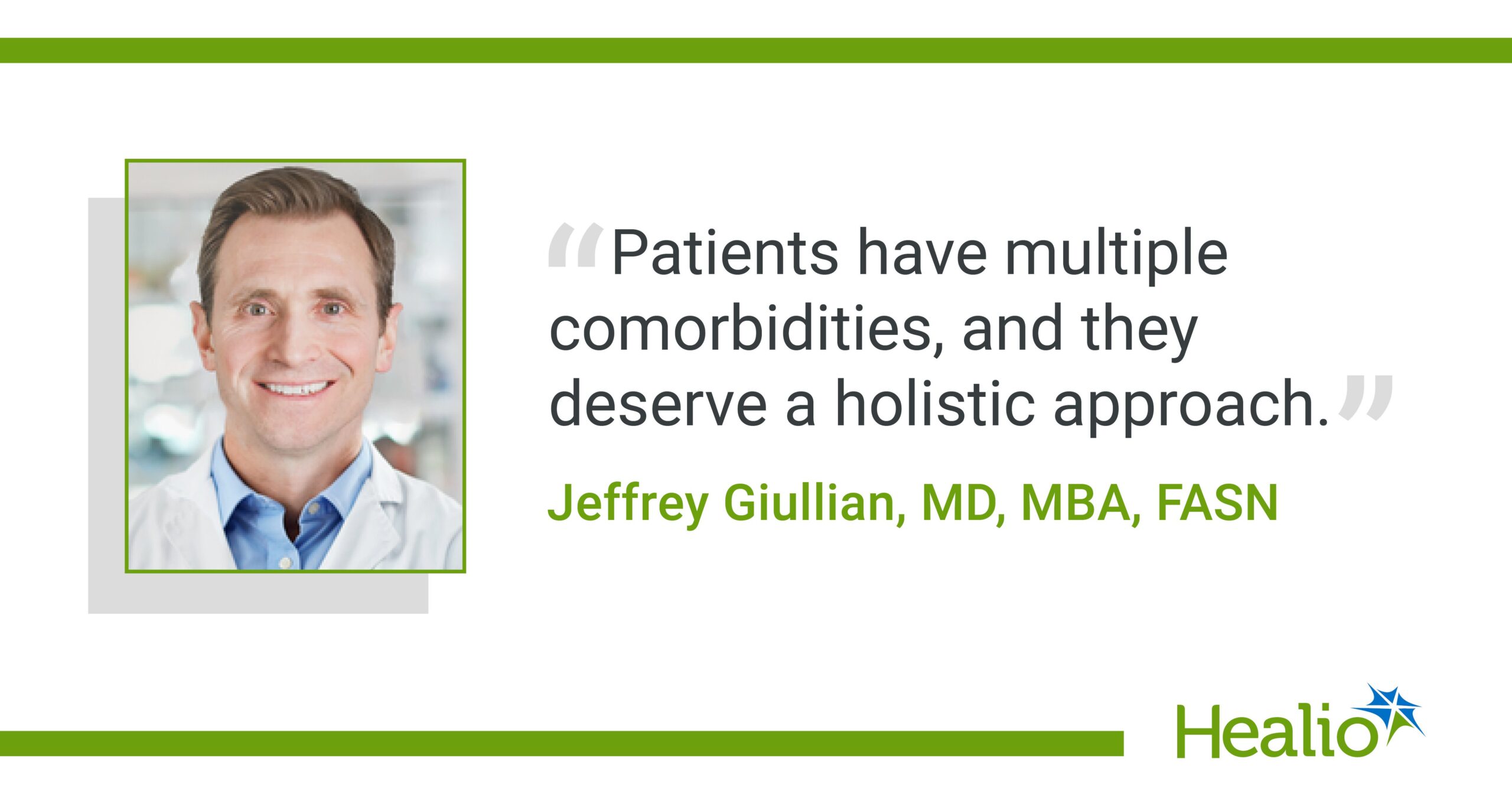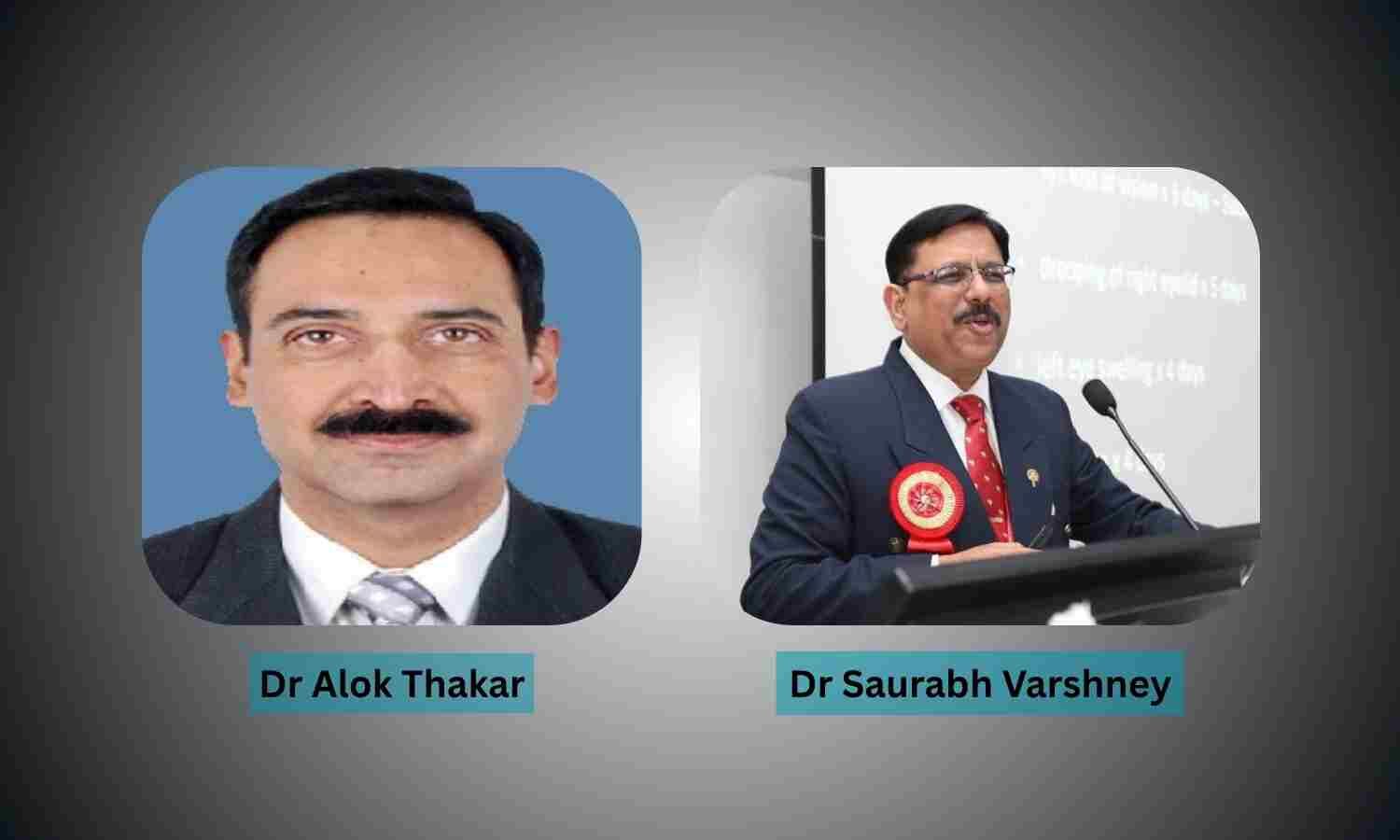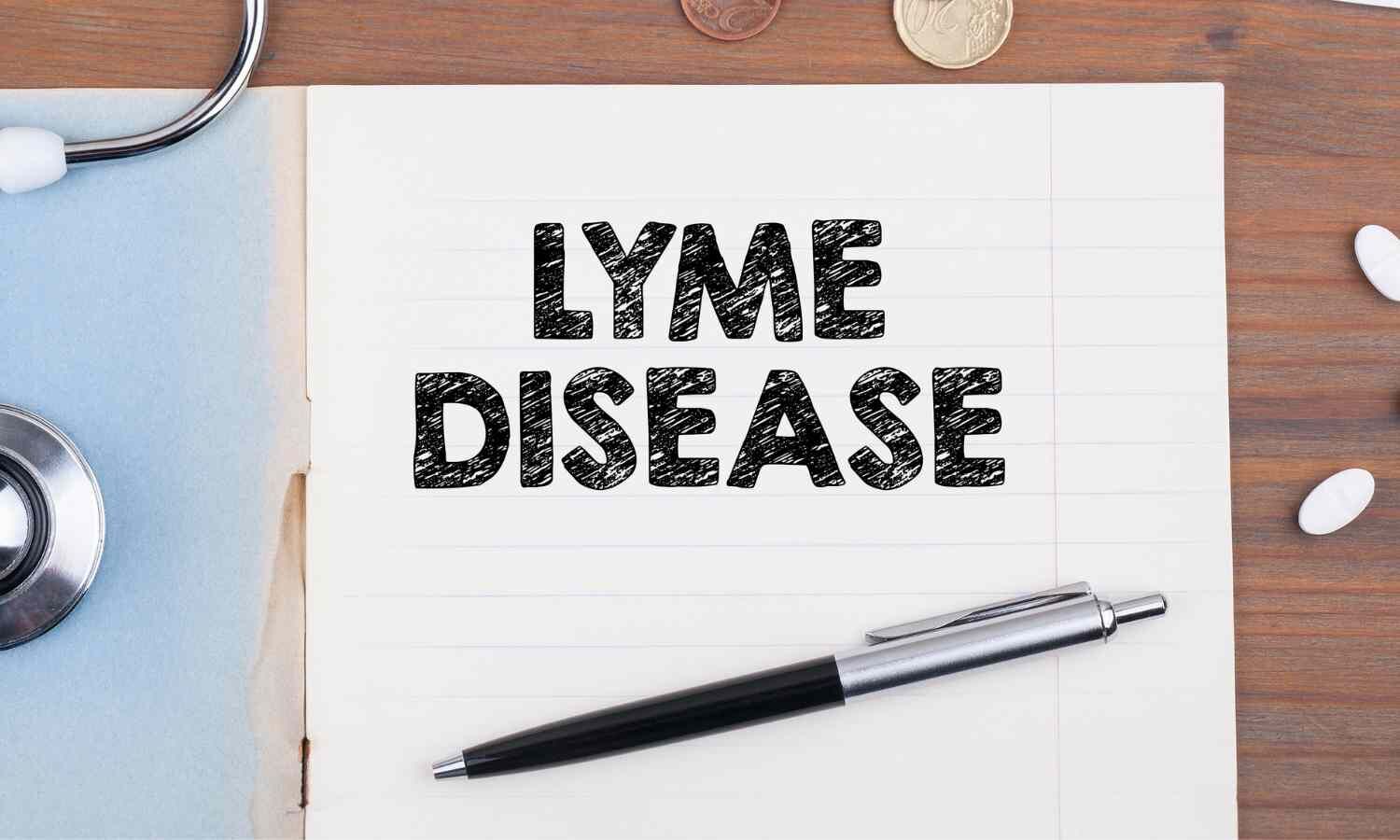September 04, 2025
5 min read
Key takeaways:
- Caring for patients with kidney disease entails also addressing common comorbidities.
- Kidney disease is often accompanied by diabetes, high blood pressure and cardiovascular issues.
DaVita has expanded its scope of care beyond dialysis by partnering with the American Diabetes Association, American Heart Association, YMCA and other organizations to address chronic kidney disease and related comorbidities.
Jeffrey Giullian, MD, MBA, FASN, chief medical officer for DaVita and Healio | Nephrology News & Issues Editorial Advisory Board Member, spoke to Healio about the organization’s strategy on population health, efforts to slow CKD progression, and new initiatives to improve screening, transplant access and overall patient equity.

Healio: DaVita has mentioned working with the American Diabetes Association and YMCA on population health. How does DaVita define population health?
Giullian: Our partnerships with the American Diabetes Association (ADA) and YMCA — we have some partnerships with the American Heart Association (AHA) as well — are exciting. For population health, of course, it is always going to be important for physicians and advanced practice providers to care for the patient that is sitting in front of them. But it is also important that we — and I think nephrologists, especially — embrace the ability to improve the health of entire populations.
For nephrologists, this is not new. For example, nephrologists who serve as medical directors in dialysis facilities have a responsibility to think about the health and safety of the population within that dialysis center community.
You can extrapolate that further into larger communities, like the neighborhoods where we live or, for DaVita, the entire United States and other countries where we serve.
What population health and a population focus mean for us tactically is: How do we make sure we are helping to identify patients early who are at risk of not only kidney disease, but other comorbidities that affect patients with chronic kidney disease? How do we help intervene early, partnering with physicians, whether it is primary care or nephrologists or others? It starts with getting people access to care early.
Ultimately, how do we impact the trajectory of their health?
This relies on extrapolating what a physician might do for a single patient sitting in front of them, to what we can do for a broad swath of patients in an entire community. This is the crux of bending the curve on kidney disease. It is making sure we are focused on the trajectory of diabetes and hypertension and heart disease and peripheral vascular disease, and more.
Healio: Health care systems are traditionally organized by specialties. But more recently there has been a bigger focus on comorbidities — specifically cardiovascular-kidney-metabolic syndrome . How important is it to look at the whole person with CKD as opposed to one isolated comorbidity?
Giullian: Taking a holistic view, looking at the whole person, is exceedingly important. One of the things I have noticed is that health care is fragmented, probably now more so than it has ever been in history. Patients have multiple comorbidities, and they deserve a holistic approach if we are going to keep them healthy.
There was a point in time when the nephrologist ran into the primary care physician, ran into the cardiologist and the endocrinologist just walking in the hallways of the hospital, maybe seeing them in the doctors’ lounge over lunch. At that time, people would update each other on their mutual patients, and that reduced fragmentation.
Those days are mostly behind us. We have to recapture that spirit of shared care. And you mentioned it, nowhere is that more clear than in cardiometabolic-kidney syndrome and the care of patients with diabetes, high blood pressure, cardiovascular issues, endocrine issues. This is the reason we partnered with the ADA, YMCA and AHA and invested in ventures like Linea, so we can start increasing recognition of the importance of working together, and then ultimately do something from a scientific approach for patients living with complex abnormalities.
Healio: DaVita has been known for dialysis. Why the interest in diabetes and CVD?
Giullian: Unequivocally, this is one of the things I am most proud of in my tenure at DaVita. There was a point when DaVita was a dialysis company, and that is just not the case anymore. We are absolutely dedicated to being a kidney care organization focused upstream, helping identify and intervene and have a positive impact on people living with CKD; and equivalently, helping people get access to a transplant and live longer with a healthy kidney. Thinking about care across the entire patient journey is one of the things that gives me the most pride in the work I get to do every single day.
We have been intentional about transitioning from a dialysis-centric to a kidney care organization, because we do want to truly change the trajectory of disease in patients with CKD. We talk a lot about meeting the patient where they are. That probably has different meanings in it — meeting the patient where they are from a psychosocial standpoint, from a social drivers of health standpoint, but it also means very literally meeting them where they are in their disease progression, in their unique kidney journey.
Ultimately, our goal is to slow the progression of kidney disease. I know that realistically, we cannot do that for everyone. I wish we could. It is not stopping us from trying. It is why we are partnering with nephrologists, primary care physicians and payers who have a lot of clinical data on patients, so we can identify them early and intervene on them.
Healio: Could you describe DaVita’s health screening initiative?
Giullian: We started doing health screening several years ago, and it has been an evolution. It has taken on a whole bunch of different formats. We have done mobile screenings, where we take buses from community to community and we do screenings.
That evolved into even larger screening events, partnering with the YMCA. I got to be a part of our inaugural YMCA partnership in Baton Rouge, Louisiana. Instead of having a bus, we were able to bring people into a massive gymnasium and screen hundreds of patients in an afternoon. We screened for high blood pressure, diabetes, cholesterol, kidney disease; talked to them about their weight, if needed; had them meet with a physician if they were at risk for CKD; and then got them plugged into the local health care community.
That is why partnerships are so important.
We continue to evolve and grow our partner base so we can have even more touchpoints. This year, DaVita is holding its community health initiative with the ADA in Orlando, Houston and Los Angeles, hosting events at community organizations like the YMCA in each city. I recognize this is just the tip of the iceberg.
Healio: What other programs or initiatives is DaVita pursuing?
Giullian: We have innovations underway that I am excited about.
One is offering primary care in our centers through a cohort of nurse practitioners. We are starting this in one community and plan to expand it. We know patients on dialysis do not have the access to primary care they may like. That is not true 100% of the time, but frequently, I have found patients had fallen out of the system or their physician had left the community, and they had not gotten plugged back in. We want to close that gap.
Second, we have embedded nurse practitioners into our partner physicians’ CKD centers. That gives physicians more of an expanded reach, so we can ensure patients are receiving guideline-based care and bend the curve on their declining eGFR.
We are also working with community health workers to improve transplant access, especially for vulnerable populations. That can be people from diverse backgrounds, or those dually eligible for Medicaid and Medicare, who may be significantly less likely to get listed and receive a transplant. We launched programs in Baltimore and Philadelphia. Those were successful, and we are expanding into seven more cities.
And circling back to where we started, broadening our partnerships with the ADA, AHA, YMCA and others. We have to think about this at a patient level, community level and scientific level. That is where these partnerships are mutually beneficial.
For more information:
Jeffrey Giullian, MD, MBA, FASN, is the chief medical officer for DaVita and a member of the Healio | Nephrology News & Issues Editorial Advisory Board. He can be reached at jeffrey.giullian@davita.com.










